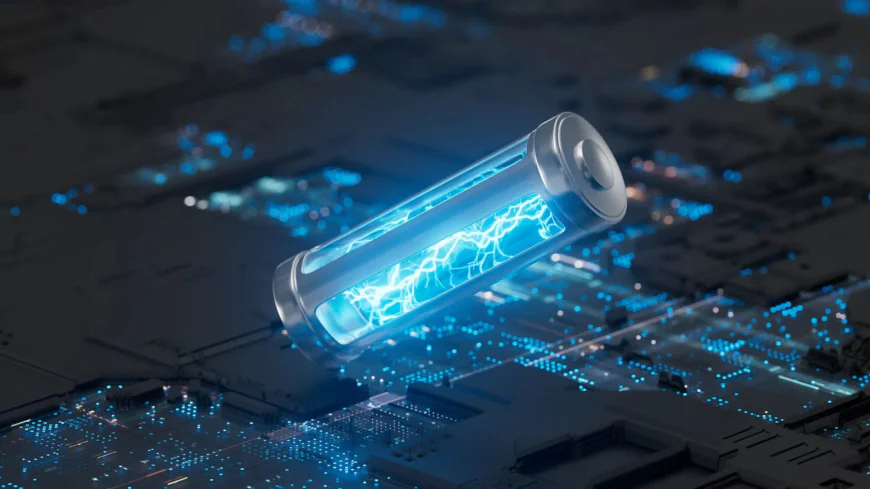A 50-Year Battery? This Tiny Tech Could Shake Up Global Markets
A Chinese firm’s nuclear battery may disrupt energy, investments, and even crypto forever—no recharging needed for 50 years!

In a futuristic leap that feels almost like science fiction, Chinese company Betavolt has unveiled a nuclear battery that promises to power devices for 50 years without recharging. The coin-sized battery, known as the BV100, uses radioactive isotopes and diamond semiconductors to generate electricity safely and silently.
While its current output—just 100 microwatts—isn’t enough to run a smartphone yet, the implications are massive. The first wave of impact is likely to hit aerospace, medical implants, and IoT sensors, where size, longevity, and reliability are more critical than high wattage.
But what does this mean for investors?
If scaled successfully, this innovation could disrupt multiple sectors. Companies dealing in advanced materials, nuclear tech, and semiconductors may become hot targets. Think long-term energy storage ETFs, high-tech stocks, and even defense or aerospace-focused funds.
From a crypto perspective, these batteries could change how we power decentralized infrastructure. Imagine blockchain devices, mining rigs, or cold storage wallets in remote locations, powered for decades without maintenance. That’s not just convenience—it’s resilience.
Betavolt plans to release a 1-watt version by 2025, potentially enabling real consumer electronics to join the revolution. If true, the global energy game might just be flipped on its head.






































